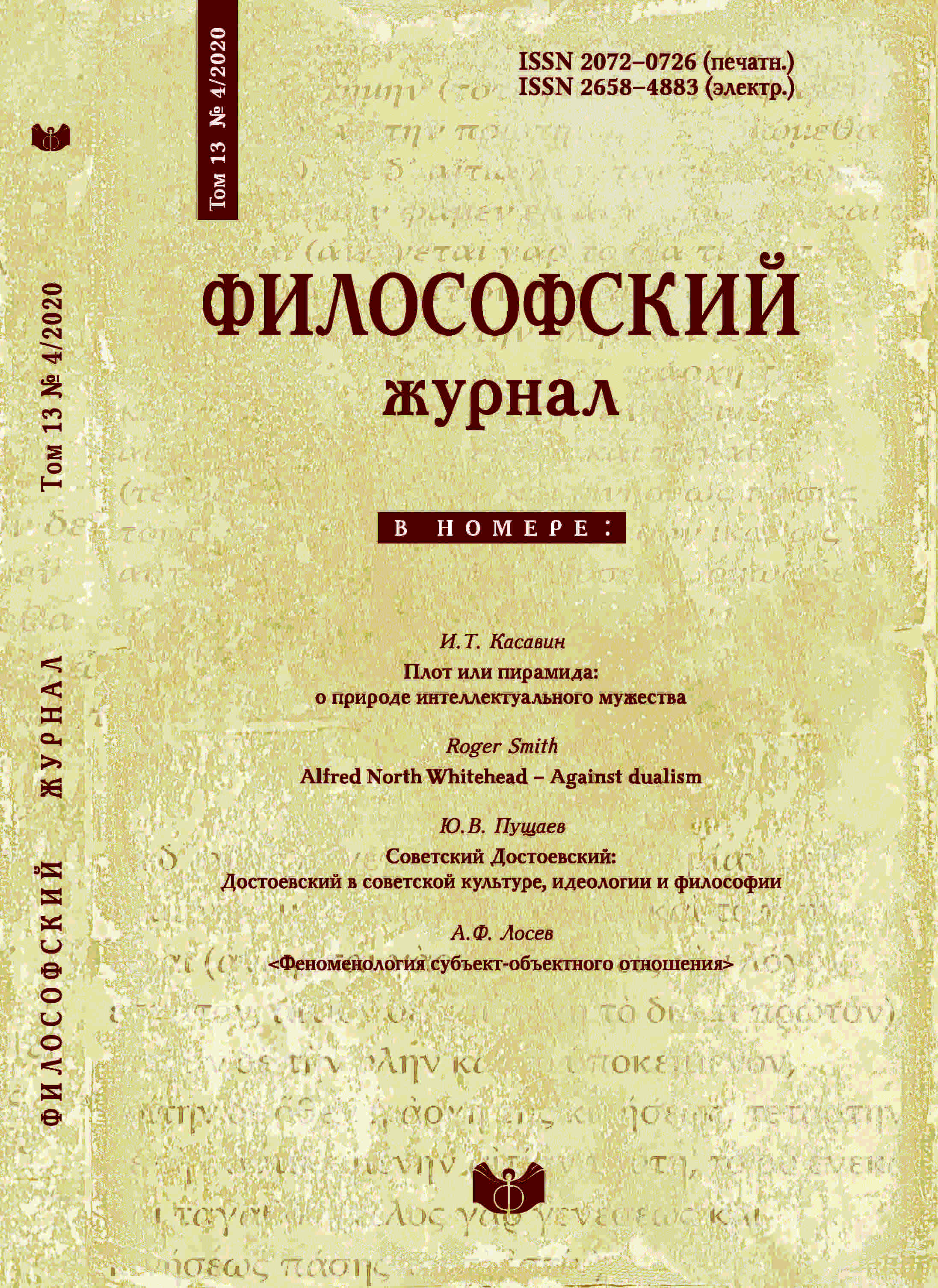Eurasianists geopolitical ideas in the cultural heritage of the Roerich family
DOI:
https://doi.org/10.21146/2072-0726-2020-13-4-119-133Keywords:
Eurasianism, Roerichs, geopolitics, culture, global risks, planetary thinking, cooperation, Altai, the Himalayas, India, Mongolia, RussiaAbstract
The article is devoted to the heritage of the Roerich family – Nikolai Konstantinovich, Elena Ivanovna, Yuri Nikolaevich, Svyatoslav Nikolaevich, and its role in the current situation of world crisis, especially for the Eurasian geopolitical space. The authors substantiate the thesis that the political and cultural views of the Roerich family matured parallel to the movement of the Eurasians and in a number of aspects specify many their ideas. The authors reveal and explore the relevance and predictability of the key principles held by the Roerich family concerning the perspectives of Russia and the areas of Eurasian cooperation. In the legacy of the Roerich family, the main features of the impending global crisis are described in a visionary way. They saw a way out of the crisis in establishing the primacy of culture over economy, the primacy of the spiritual over the material. The Roerichs warned of the dangers of a barbaric relationship with nature, robotization and decomposition of consciousness. Their warnings about the dangers of a mechanical civilization are confirmed in the work of modern analysts. According to Roerichs, the ideal of cooperation and cooperation should become the basis of relations between peoples. The Roerichs emphasized the special importance of the Russian-Mongolian and Russian-Indian ties forming a geopolitical and spiritual “middle cross” of Eurasia. The commonality of the environmental, cultural and economic problems of the two great mountain regions of the Earth is a solid foundation for future cooperation between scientists in the space of Eurasia.






